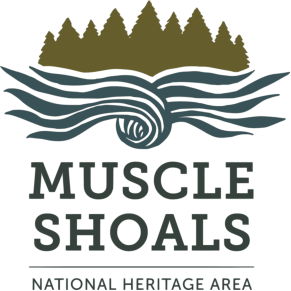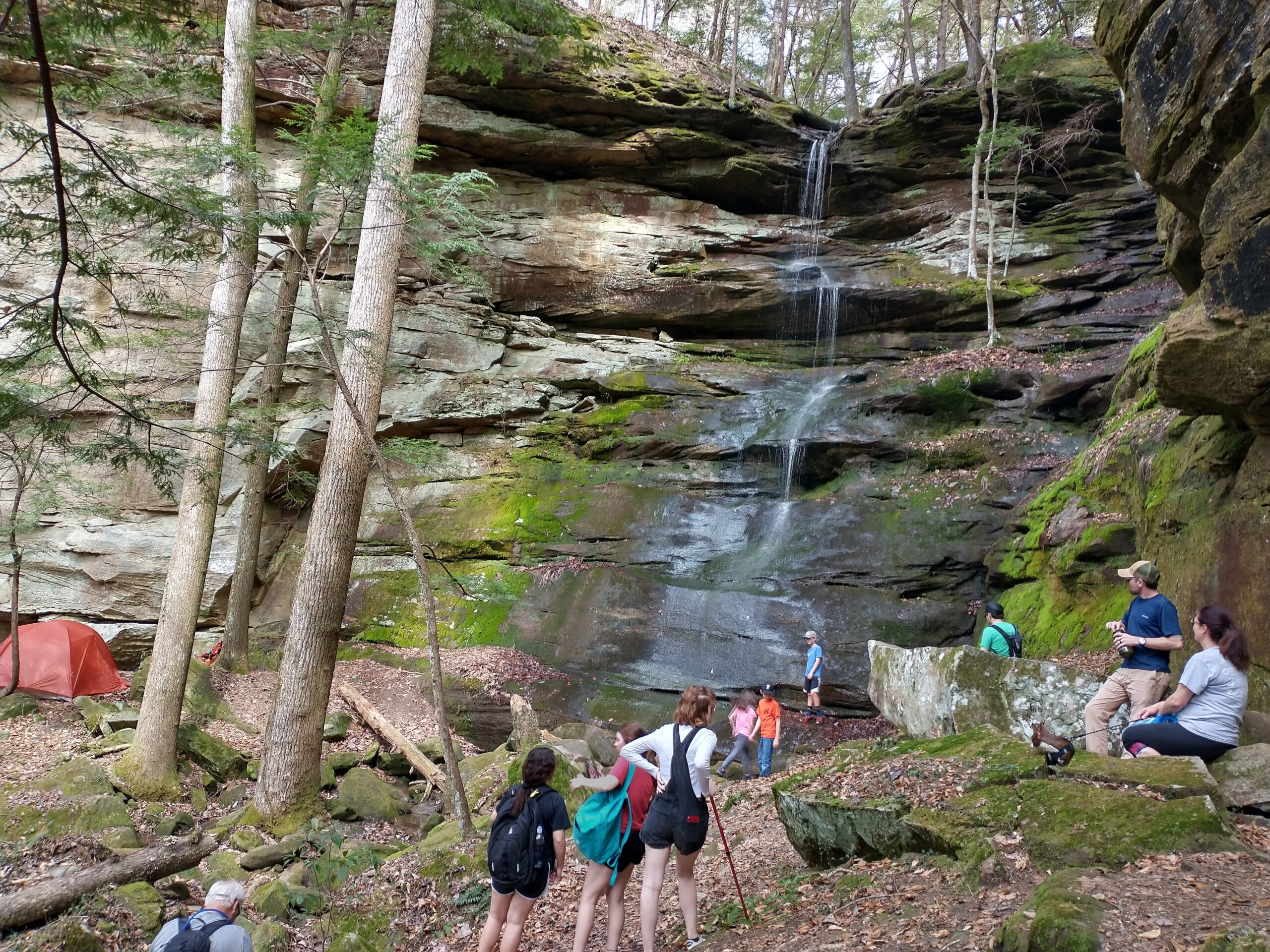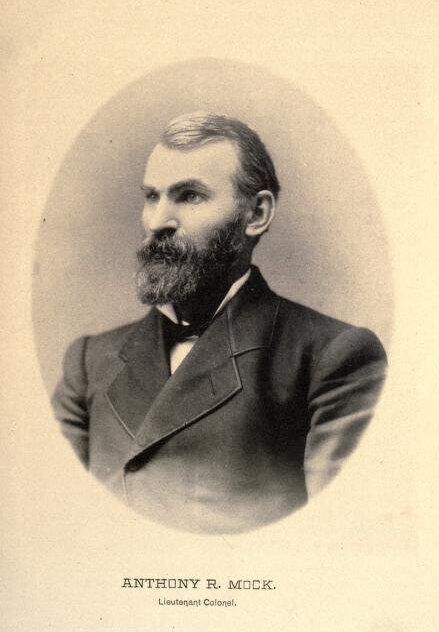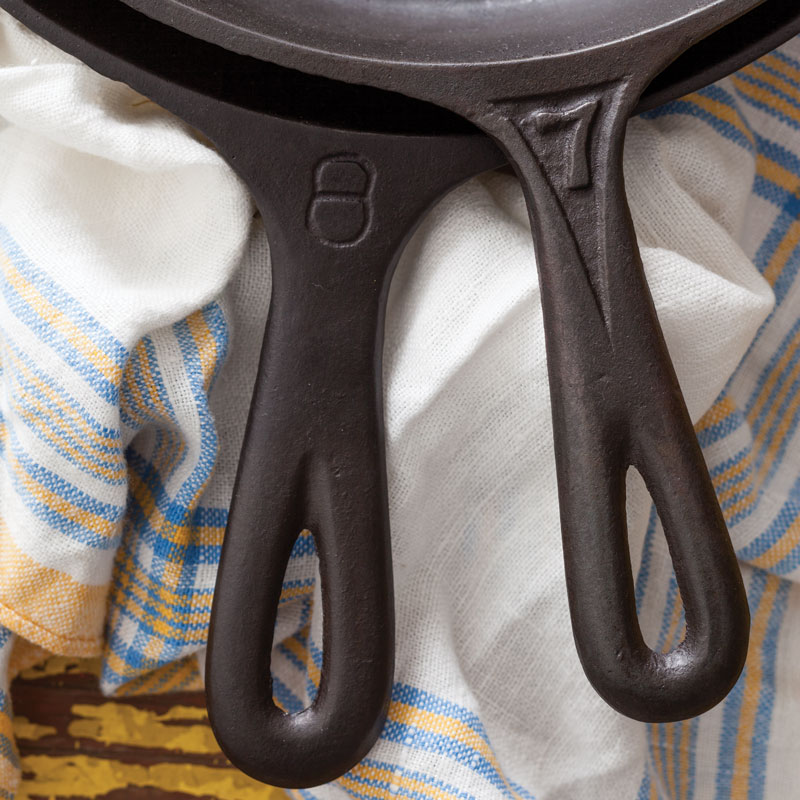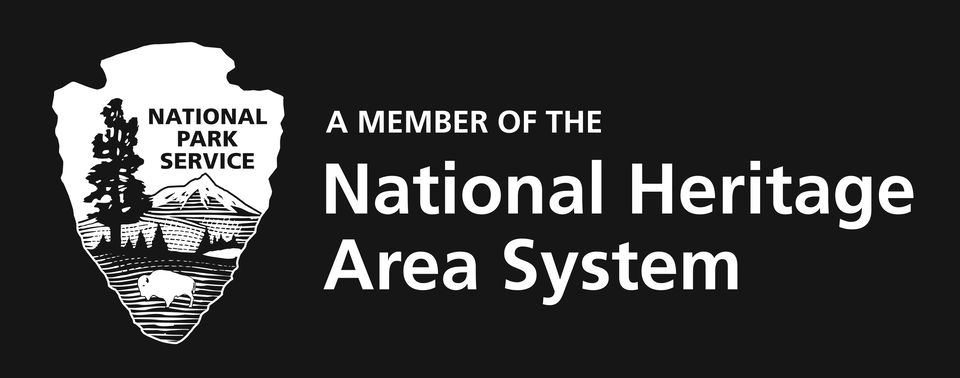By Julia McGee
M.A. in public history from the University of North Alabama, December, 2019
Former MSNHA graduate assistant
(Text from “Women of the Muscle Shoals National Heritage Area”)
 The history of U.S. women has been one of struggle, opportunity & success. Here in the MSNHA women have contributed in many ways to the development of our culture and heritage. The Shoals has been home to educators, actors, nurses, astronauts, businesswomen and women who worked in science, technology, engineering and mathematics. Sometimes defying social norms while at other times upholding them, the women of the MSNHA have fascinating & significant stories.
The history of U.S. women has been one of struggle, opportunity & success. Here in the MSNHA women have contributed in many ways to the development of our culture and heritage. The Shoals has been home to educators, actors, nurses, astronauts, businesswomen and women who worked in science, technology, engineering and mathematics. Sometimes defying social norms while at other times upholding them, the women of the MSNHA have fascinating & significant stories.
During the antebellum period in Alabama, women’s lives in the MSNHA were shaped by race & class. The small percentage of white women who lived on plantations helped run their homes & care for the children. Sometimes, when their husbands traveled, women oversaw the operation of the plantation. Plantation mistresses were often tasked with overseeing feeding their families as well as the enslaved people the family owned. Some gave weekly rations for the enslaved people to cook on their own, while others oversaw making & delivering the food. Enslaved women cooked & cleaned, planted & harvested and cared for children among other duties. Yeoman farming women, whose families worked their own land, labored in gardens & fields while handling the household chores of cooking & managing a home.
After the Civil War, Southern women had increased access to higher education. Because of expanded public education, it became normal for white women to have an education regardless of their economic class. African-American women’s access to these schools was prohibited because of segregation laws. However, more educational opportunities were available for African-American women than before the war, when teaching African Americans to read & write was illegal.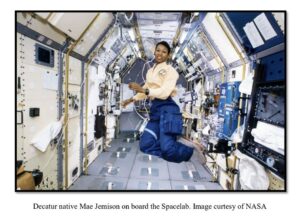
Industrialization brought new jobs—and new problems—to the area the 1880s-’90s, which led to social & economic reform. Women in Florence worked hard to educate the children of factory workers, keeping them out of the harsh labor conditions & helping improve their families’ situations. MSNHA women also helped advocate for women’s voting rights & alcohol prohibition.
Even after women secured the right to vote & had better access to higher education, they still struggled for true equality with men. By the mid-20th century, women in the MSNHA had more opportunities to work outside of the home, but the jobs they held as teachers, secretaries & nurses paid less than opportunities open to men. When women married and/or became pregnant, many were forced out of their jobs. However, some women in the MSNHA operated their own businesses. As the 20th century progressed, 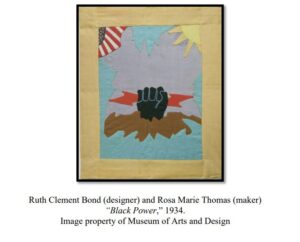 tensions over race grew. Many MSNHA women contributed to civil rights & racial harmony in both bold & subtle ways–and continue to do so.
tensions over race grew. Many MSNHA women contributed to civil rights & racial harmony in both bold & subtle ways–and continue to do so.
Today, MSNHA women are in key economic, education, scientific, medical, arts & government roles. They are an integral part of northwest Alabama’s development & are responsible for much of the region’s economic & cultural growth. Beginning with matriarchs of the early Chickasaw & Cherokee Native American tribes who harvested mussels from the Tennessee River, northwest Alabama women have shaped what the area is–and will become–in the 21st century.
To learn more about individual women who contributed to MSNHA’s heritage, read the “Women of the Muscle Shoals National Heritage Area” educators’ packet developed by former MSNHA graduate student Julia McGee in 2019-2020. It’s available for free download on this website’s Education page.
